The Draft Law on Public Investment (amended) has studied and resolved long-standing problems in the practical implementation of public investment activities from the provisions of the current Law.

Continuing the working program, on the morning of November 6, the National Assembly discussed in the hall the draft Law on Public Investment (amended), under the direction of Vice Chairman of the National Assembly Nguyen Duc Hai.
Delegates highly appreciated the draft Law on Public Investment (amended) presented at this session for realizing the policies of the 10th Conference of the 13th Party Central Committee and the guiding viewpoint of General Secretary To Lam on removing institutional bottlenecks, promoting decentralization, delegating power, and assigning local authorities to decide, local authorities to act, and local authorities to take responsibility.
The draft law has studied and resolved long-standing problems in the implementation of public investment activities from the provisions of the current Law on Public Investment or because the provisions create different understandings and approaches in organizing the implementation of the Law, to promote effective implementation of public investment projects.
Delegate Tran Chi Cuong (Da Nang) agreed with 5 groups of contents proposed for amendment and supplementation in the draft law, including new regulations contributing to shortening the time for project implementation. However, the delegate said that regulations on procedures for implementing public project investment need to be studied, reviewed and adjusted to further shorten the time for project implementation.
Da Nang city delegates analyzed that investment procedures are not only regulated in the Investment Law but also in many other laws such as land, construction, environment, technology transfer, fire prevention and fighting, etc.
According to current regulations, the time to carry out procedures on land, construction, environment, technology transfer, fire prevention and fighting often takes a long time. Each procedure has its own requirements on documents, order and time, some procedures stipulate many steps (construction procedures), some procedures must be carried out sequentially, the result of one procedure is the input of another procedure.

Delegate Tran Chi Cuong said that on average, the time to complete all the above procedures (depending on the type of project A, B or C) will last from about 250 days to 350 days to start construction, which means it will take more than 8 months from the time the People's Council approves to implement. In reality, the time to complete the procedures may be longer due to delays in completing related records and documents. Therefore, the delegate suggested that the draft law should study and supplement regulations on the time for the steps of preparing procedures and approval by the agencies.
According to National Assembly deputies, Decree No. 40/2020/ND-CP of the Government detailing the implementation of a number of articles of the Investment Law and the actual implementation shows that to implement the public investment procedure, it takes no more than 130 days to decide on a public investment program; no more than 120 days to decide on investment in group A projects; no more than 80 days to decide on group B and C projects. The above regulations are too long, slowing down the progress of implementing programs and projects.
Delegate Be Minh Duc (Cao Bang) proposed that it is necessary to regulate the time for appraisal and approval of investment policies, approval of investment programs and projects and decentralize the approval of investment policies/approval of investment programs and projects according to each group and type of project to local authorities, so that programs and projects can be implemented more promptly and effectively. Along with that, research and supplement sanctions for agencies and units that are slow to resolve stages in the procedures for approving investment policies and approving investment projects in Article 107 of the draft Law.

According to delegate Pham Hung Thang (Ha Nam), the provisions in Clause 2, Article 57 of the draft show that after the project completes the investment preparation steps such as approving the investment policy, arranging the medium-term capital plan and approving the investment project, but if the annual capital has not been arranged, the next tasks in the investment implementation step will not be implemented. Such as site clearance, design, estimate, bidding to select construction contractors, bidding to select supervision units, etc., affecting the implementation progress.
To overcome the shortcomings and shorten the time and procedures for performing the above tasks, delegate Pham Hung Thang (Ha Nam) proposed to consider amending and supplementing conditions for the project to be allocated capital from the annual public investment plan, transferring tasks such as technical design, construction drawing design, cost estimates, and bidding to select contractors in the investment implementation step to investment preparation tasks.
Many opinions also proposed to supplement and clarify concepts, terms, and regulations, ensuring the consistency and uniformity of the legal system. The main contents of the amendments and supplements include simplifying the procedures for making medium-term and annual public investment plans; not requiring a separate report on capital source appraisal and capital balancing ability; prescribing some specific contents to unify understanding and implementation; supplementing regulations on procedures for handling when factors arise that lead to changes in project classification./.
Source


![[Photo] General Secretary To Lam, Secretary of the Central Military Commission attends the 12th Party Congress of the Army](https://vphoto.vietnam.vn/thumb/1200x675/vietnam/resource/IMAGE/2025/9/30/9b63aaa37ddb472ead84e3870a8ae825)


![[Photo] General Secretary To Lam receives US Ambassador to Vietnam Marc Knapper](https://vphoto.vietnam.vn/thumb/1200x675/vietnam/resource/IMAGE/2025/9/29/c8fd0761aa184da7814aee57d87c49b3)
![[Photo] Solemn opening of the 12th Military Party Congress for the 2025-2030 term](https://vphoto.vietnam.vn/thumb/1200x675/vietnam/resource/IMAGE/2025/9/30/2cd383b3130d41a1a4b5ace0d5eb989d)
![[Photo] The 1st Congress of Phu Tho Provincial Party Committee, term 2025-2030](https://vphoto.vietnam.vn/thumb/1200x675/vietnam/resource/IMAGE/2025/9/30/1507da06216649bba8a1ce6251816820)
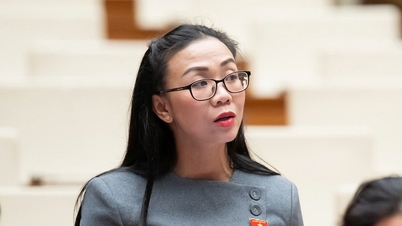

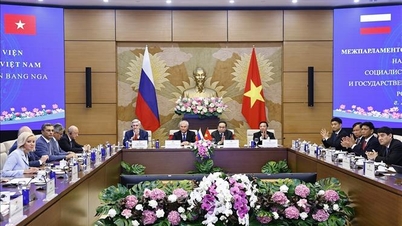

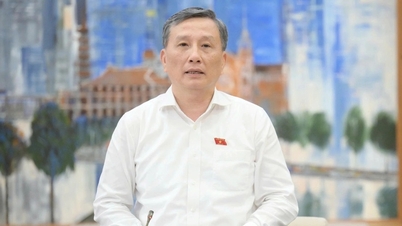

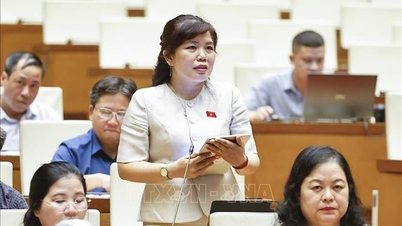
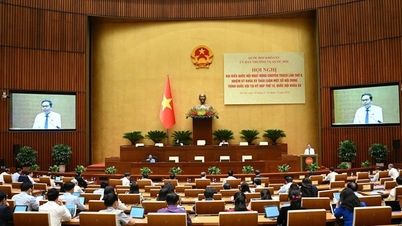




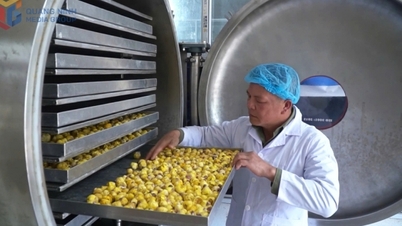

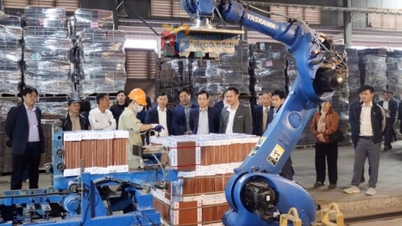
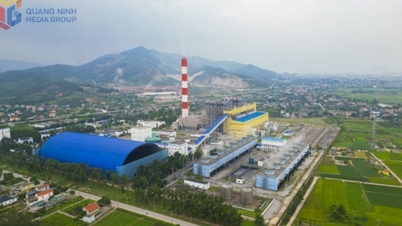
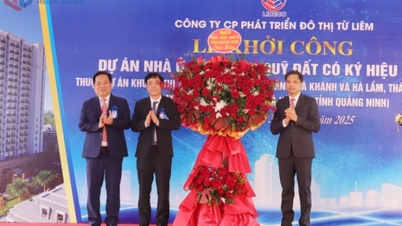






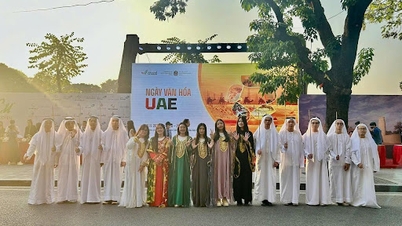


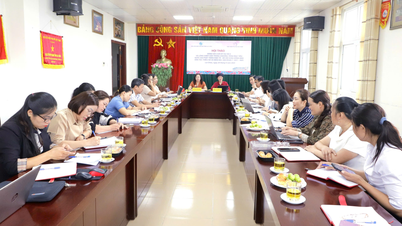
![[Photo] General Secretary To Lam attends the ceremony to celebrate the 80th anniversary of the post and telecommunications sector and the 66th anniversary of the science and technology sector.](https://vphoto.vietnam.vn/thumb/1200x675/vietnam/resource/IMAGE/2025/9/29/8e86b39b8fe44121a2b14a031f4cef46)

























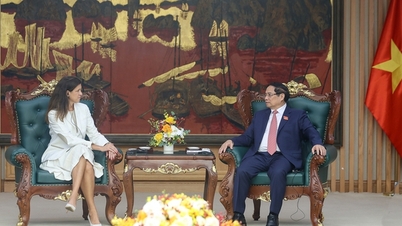
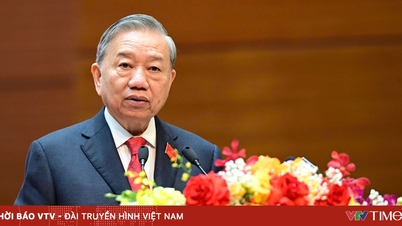

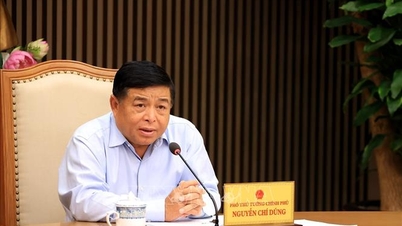

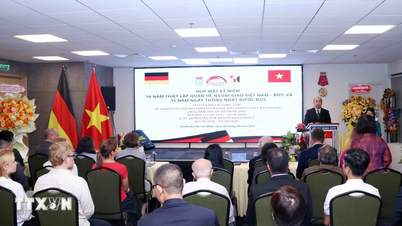
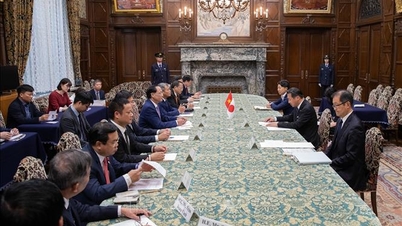


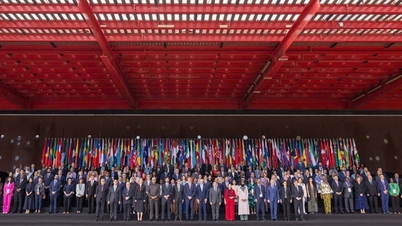
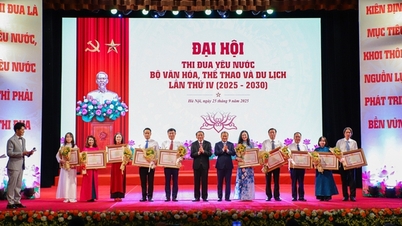




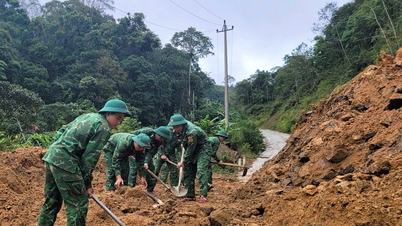








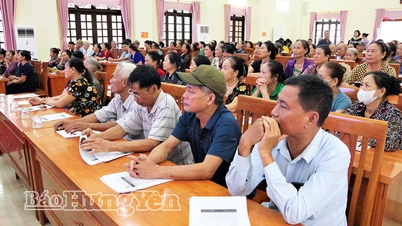















Comment (0)